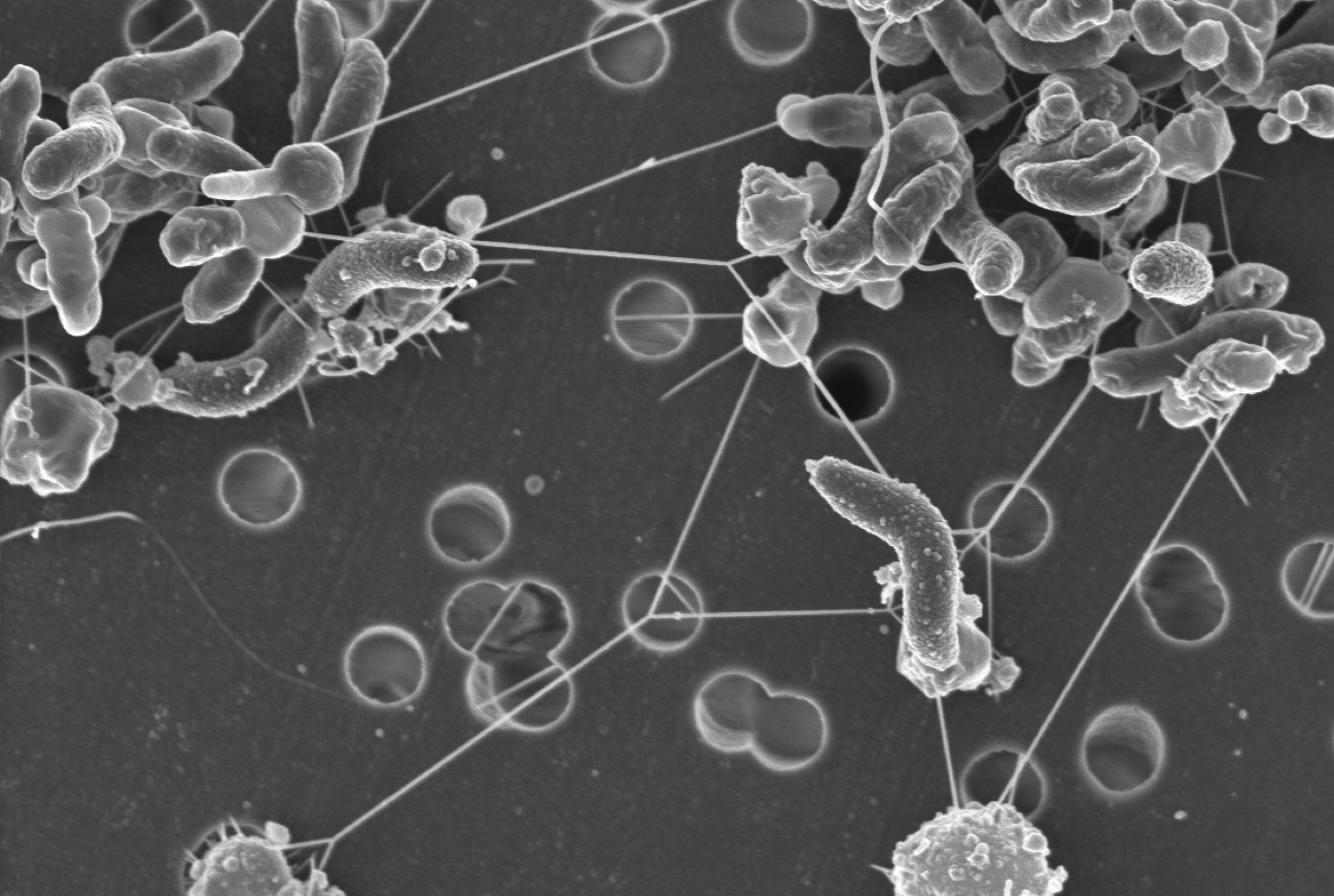ISB Scientists Have Discovered When and Why a Microbial Community Might Collapse
 isbscience.org/news/2017/03/20/isb-scientists-discovered-microbial-community-might-collapse/
isbscience.org/news/2017/03/20/isb-scientists-discovered-microbial-community-might-collapse/
Researchers in the Baliga Lab at Institute for Systems Biology have developed a framework for assessing the “health” of a microbial community through a stress test that enables them to ask when and why microbial communities collapse under different environmental conditions. The study, published on March 20, 2017, in the journal Molecular Systems Biology, determined that while microbes are equipped to respond to environmental changes, when pushed to the extreme under rapidly fluctuating conditions, the energetic cost of adapting becomes a burden and is unsustainable, leading to collapse. This framework will be invaluable for observing the behavior of microbial communities under simulations of current and projected environmental conditions, allowing scientists to make predictions about the future of our ecosystems and, more importantly, identify ways to protect those ecosystems.





